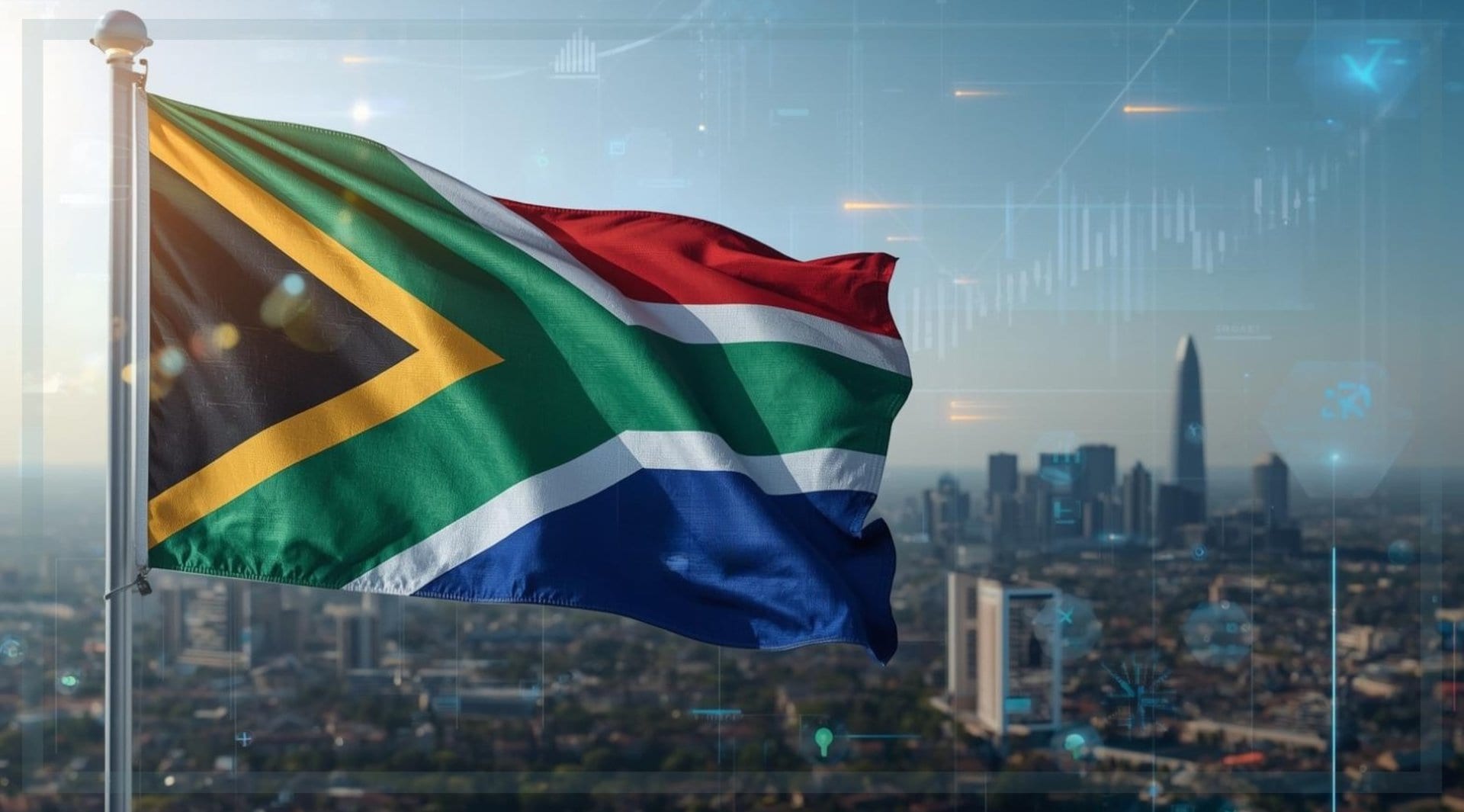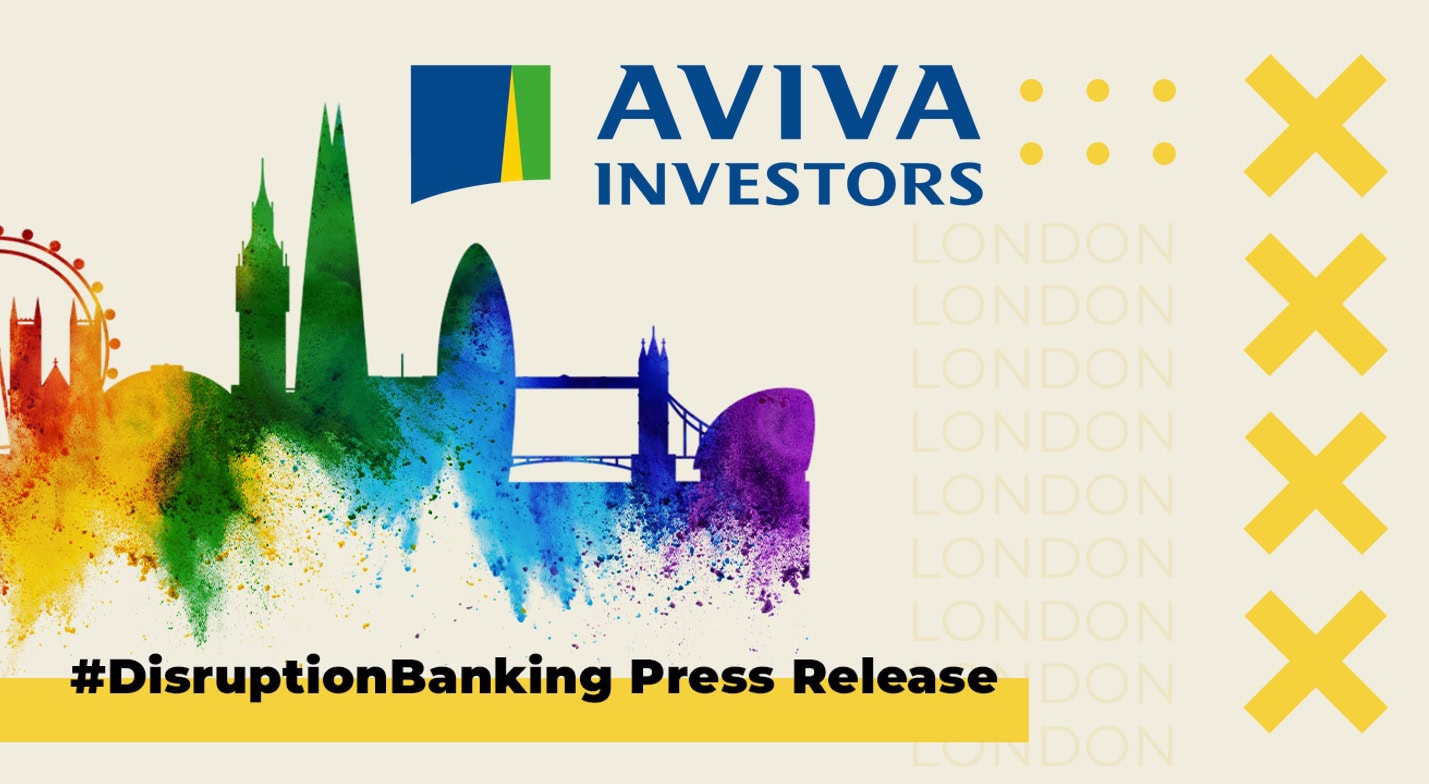In 2022, the finances of the Gulf soared to newly stratospheric levels. After Russia’s invasion of Ukraine in February, the sanctioning of the country’s oil and disruption to global supplies sent the price of Brent crude oil to over $115 in March, up almost 50% in a matter of weeks. As Akber Khan, Senior Director of Asset Management at Al Rayan Investment in Doha, told Disruption Banking, “from our perspective, if oil is at $75 or more, that’s plenty for the region. Everything else is icing on the cake. And last year, we had the icing on the icing on the cake.”
This boom in overall oil revenues prompted wider economic benefits for many of the six oil-producing members of the Gulf Cooperation Council (GCC): Saudi Arabia, Kuwait, the United Arab Emirates, Qatar, Bahrain, and Oman. Several stock markets in the Gulf, such as those in Dubai and Riyadh, were among the best performers in the world. The rise in value of other commodities, such as liquified natural gas (LNG) and petrochemicals, was an additional bonus for countries such as Qatar. Saudi Arabia led a boom in regional IPOs, listing two companies on its main market and a further three on its parallel market in the third quarter, raising almost $500 million in proceeds – at a time when dealmaking largely slowed elsewhere. Venture capital funding remained strong despite tricky macroeconomic conditions globally.
Saudi Arabia recorded $987 million in VC funding in 2022. Deals were up 30% as Saudi attempts to close the gap with the UAE. Strong macro conditions, evolving regulatory framework, and government cash are all playing a role in this. @DisruptionBank https://t.co/VlLkoDZAhu
— Harry Clynch (@clynchharry) January 18, 2023
These trends have helped to attract considerable amounts of international attention and capital to the Gulf. But one country in the region is facing a more complicated picture: Bahrain.
Like its fellow members of the GCC, Bahrain was the beneficiary of oil-related budget windfalls in 2022 as a result of the steep rise in prices: the International Monetary Fund (IMF) predicts that, collectively, GCC countries are in line for an additional $1.3 trillion in revenue. That said, Bahrain’s share of these funds is relatively small, with the country only producing around 200,000 barrels of oil a day, compared to Saudi Arabia’s 11 million barrels.
Bahrain is also one of the most heavily indebted countries in the Gulf, having run a budget deficit for years. In 2018, Bahrain was forced to turn to a $10 billion IMF bailout package to help the country service its debts. The coronavirus pandemic, which shutdown regional and global economies while disrupting business and supply chains, made this situation trickier still. While oil windfalls are of course welcome, Bahrain’s money will be used to reduce the deficit temporarily and paper over the cracks, rather than fuelling sovereign wealth fund bonanzas as in Saudi Arabia and elsewhere.
In the fractured politics of the Middle East, Bahrain has not emerged as a winner. In 2017, Saudi Arabia, the UAE, and Bahrain suspended ties with Qatar. The countries, which were joined by several others in the Arab World and beyond, accused Qatar of supporting terrorism and destabilising the Middle East. Saudi Arabia and the UAE repaired relations with Qatar in 2021, restoring trade and aviation links, but Bahrain has failed to do so.
The extent of the fall-out was particularly clear during the recent World Cup, when Qatar refused to allow direct flights from Bahrain for the tournament, even though it had extended the same right to Israel. Bahrain’s isolation in the Gulf is one reason that the country has not been able to benefit from the economic successes of its neighbours.
The World Cup was marked by displays of GCC harmony unthinkable just a couple of years ago
— Ziad Daoud (@ZiadMDaoud) December 1, 2022
But not between Bahrain and Qatar
Bahrain's Gulf Air has extended several requests to Qatar for the resumption of flights since July
Hasn't received any responsehttps://t.co/XhTUQXOeFE
Bahrain’s financial markets – particularly equity markets – also have their problems. Khurram A. Mirza, a senior investment banker in Bahrain, told Disruption Banking that “there is a big issue with liquidity on the Bahrain Bourse.”
“Trading volumes are negligible on Bahrain’s equity markets,” Mirza said. “This means prices are often distorted: they don’t necessarily reflect the fair values of the companies.” The most recent data at time of writing showed a daily trading volume of just over $2 million. For comparison, the Saudi Exchange saw a volume of over $117 million on the same day.
This lack of liquidity deters companies from listing in Bahrain: why would they float on an exchange on which they may not be valued fairly or accurately? In any case, Bahrain is, in Mirza’s words, “dwarfed” by regional competitors such as Saudi Arabia and the UAE. These markets are bigger, wealthier, and more powerful and are therefore generally more attractive places for business and finance.
Bahrain should either close down or merge its stock exchange with one of its neighbours.
— Ali Al-Salim (@alialsalim) January 11, 2023
The activity level is barely visible vs most of its peers below, even as % of total capitalisation. pic.twitter.com/hWCWicQx1A
It is not all bad news for Bahrain. Mirza told Disruption Banking that “Bahrain is benefitting from a steeper yield curve,” which is making “yields very attractive from a fixed income perspective.” The country achieved its highest economic growth in over a decade in the second quarter last year, as a result of the progress made in both oil and non-oil industries. Standard & Poor have improved Bahrain’s credit rating and suggested brighter prospects could be ahead.
When granting financial aid to Bahrain in 2018, the IMF noted that “additional reform efforts, anchored in a more transparent medium-term agenda, will be needed to ensure fiscal sustainability.” Five years on, there are few signs that these measures have been successfully implemented, with the country struggling amidst debt, isolation, and a lack of financial infrastructure. This may change one day, of course, but for now Bahrain’s markets continue to be outshone by the financial giants which surround it.
Author: Harry Clynch
#Bahrain #BahrainBourse #MiddleEast #GCC















One Response
thanks for info